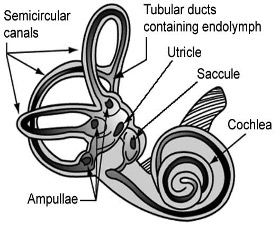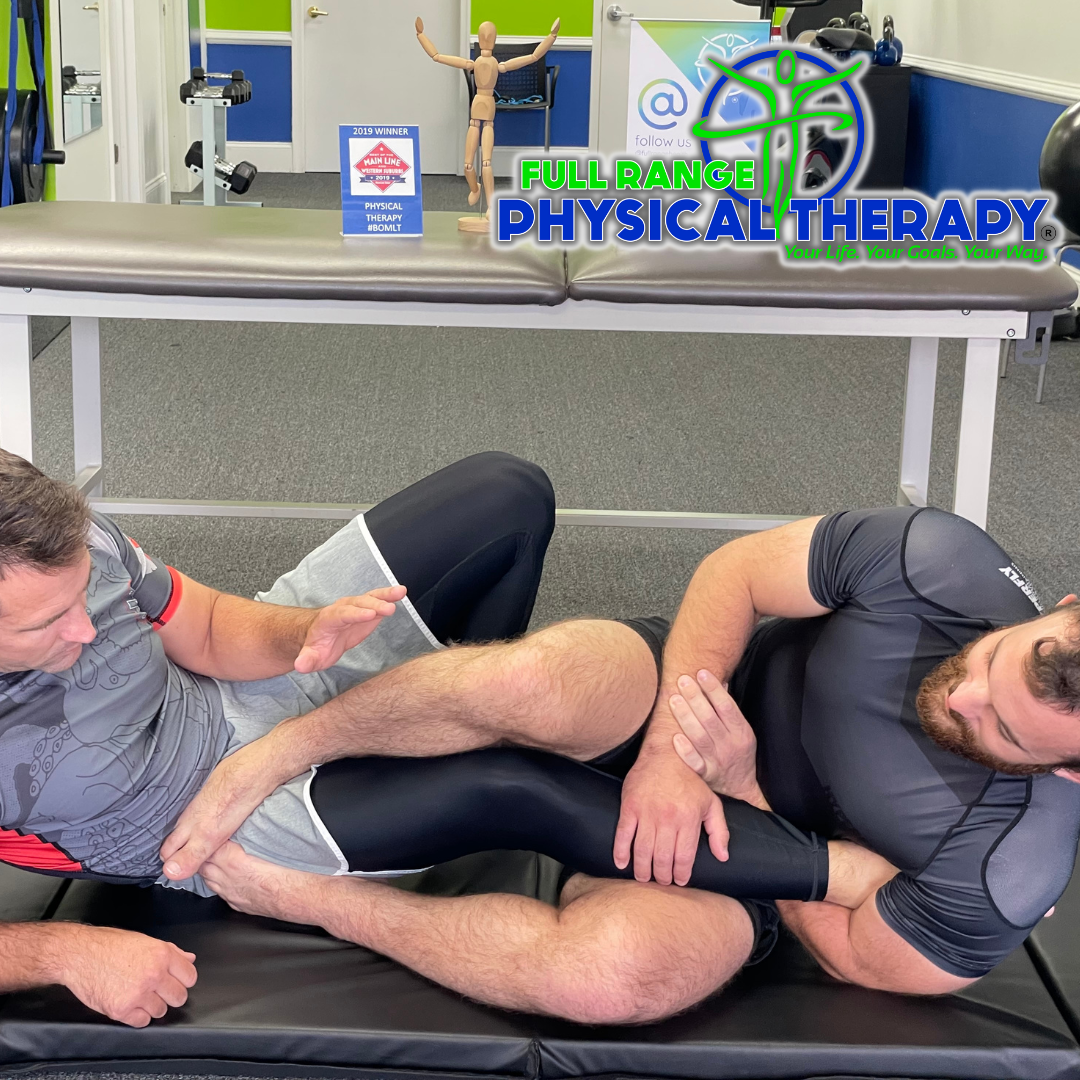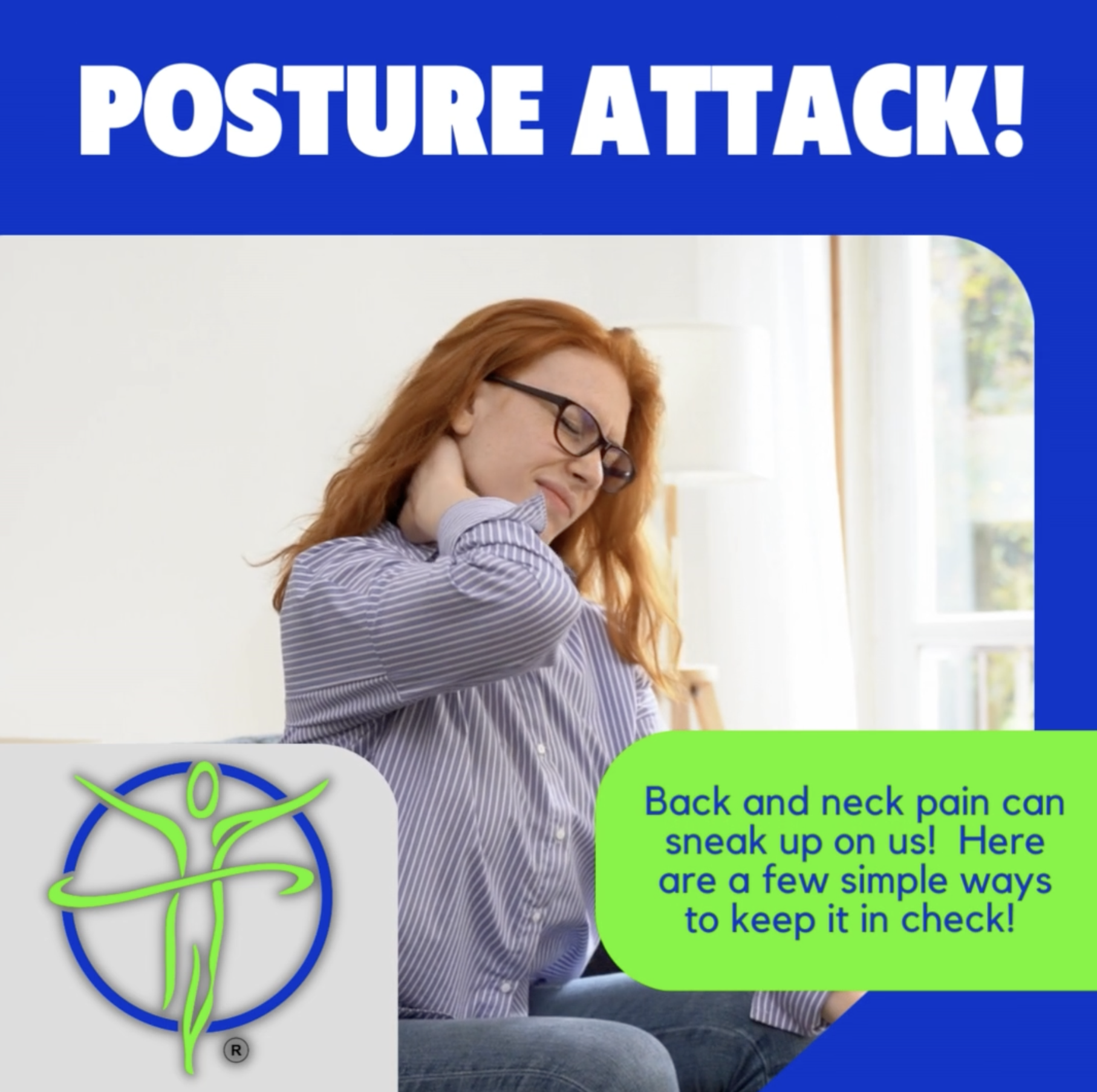To understand vertigo the most important thing to be able to understand the anatomy of the vestibular system. This system consists of three semicircular canals located in the inner ear on the right and left side of your head. This is why vertigo is commonly referred to as an “inner ear issue.” Within these canals are a system of hairs, fluid, and crystals. As we rotate our head, these three structures work simultaneously to let your head know where it is in space. For example, if we turn our head to the left, the fluid within our vestibular system on the left and right will activate the hairs and crystals and let your brain know that you are turning to the left. As you can guess, when this system doesn’t work properly, it can lead to some nasty side effects that are debilitating to living a healthy lifestyle.



